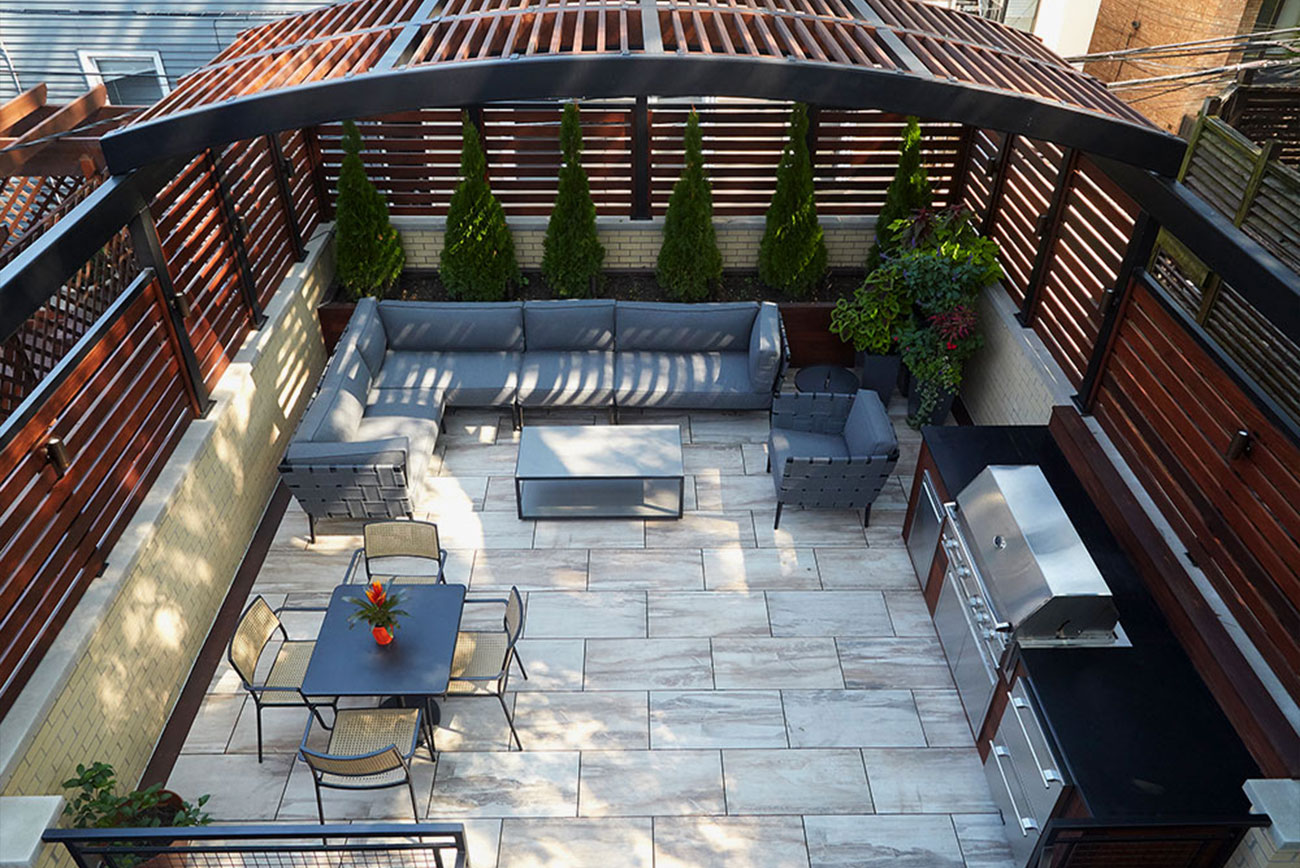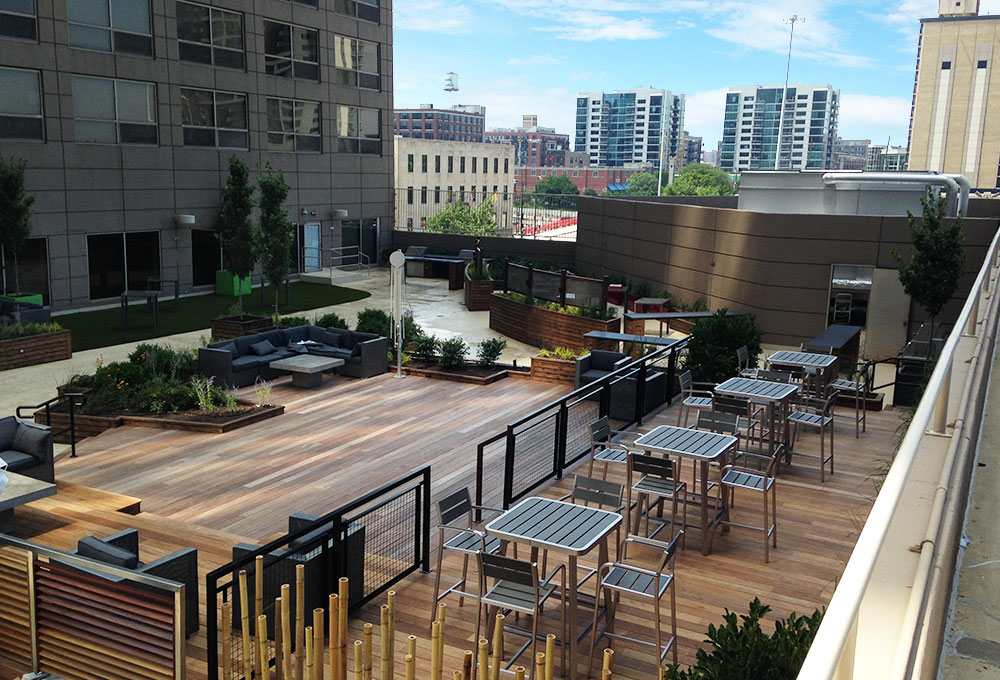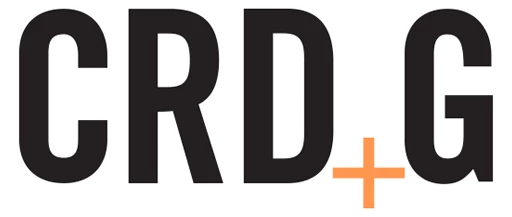Updated Building Codes in the Windy City – New Regulations for Roof Construction

Industry experts, specializing in the construction business, have long recognized the need for upgraded codes and standards that have already been adopted in other cities in the U.S. Chicago is the last city in the country to institute the code. At the time of formulating the new rules, city council officials invited several esteemed entities from the construction sphere to offer their inputs and expertise gained from working on the ground. Michael Ryan at Chicago Roof Deck is a member of the team and has been working for more sustainability and eco-friendly practices in all building projects.
The new rules have been aligned with the latest editions of the International Building Code for any new construction projects that are being started. Homeowners thinking of renovating existing structures need to comply with the International Existing Building Code. Possibly, the best advantage is that the new standards allow contractors to use a more extensive selection of architectural techniques, innovations, and materials.
The new ordinance adds upgrades to the Chicago Building Code that has remained unchanged for around 70 years – the last changes were made in the year 1949. The reorganization has been modeled along the lines of the International Business Code that is currently the nationwide standard. In the future, Chicago’s regulations will continue to follow the IBC. Experts have lauded the move as a new phase for the city’s architectural front. Builders, developers, and designers will now be able to incorporate the most sophisticated technology and modalities into their projects.
Property owners will have access to innovative design options that are stylish and long-lasting. The Code applies to all aspects of development and construction including the conservation of energy resources, fuel and gas, rehabilitation codes, accessibility, and conveyance devices, among others. Designing and construction techniques for roofs is also a part of the updated building code. Contractors planning such projects are taking care to stay compliant without compromising on the cost, functionality, and timeline for completion.

The Chicago Building Code covers six main aspects of building roofs based on the specific climatic conditions in the city.
- Wind Uplift Resistance. This is the technology used to attach the roof of each structure and prevent it from detaching and flying off during high winds. The updated regulations have been adopted from the International Building Code of 2018. The IBC recognizes that any location close to a water body has a significantly higher risk factor. Chicago’s proximity to Lake Michigan adds to the risk, which is why designers of the Chicago Building Code have included stringent regulations for wind uplift resistance.
- Structures in Chicago are some of the tallest in the country and more susceptible to damage in the high winds. The upgraded Chicago Building Code has added more requirements to protect these structures.
- Metal roof edges and copings need special attention because the city stands so close to the lake. Contractors must choose high-grade copings that have been tested for wind uplift using standardized pull tests.
- Low-slope roofs have always been a part of Chicago’s skyline. All that is set to change thanks to the new rules that will allow contractors to build roofs that are better suited for the climate.
- Installing ballasted roofs has been the norm because of the low cost. Contractors would weigh down the membranes with rocks and other heavy materials in place of affixing them. The updated regulations require owners to use innovative techniques that add more integrity to the roofing.
- If owners choose to use roofing materials like ethylene propylene diene monomer rubber, modified bitumen, or single-ply roofing, they may have to follow mandatory standards regarding their quality and repairs.
At Chicago Roof Deck, we have been following the latest developments in building codes and have been making the necessary arrangements. We adopted some of the roof designs and standards long before the code was instituted so our customers need not be concerned about being compliant. Or, about any additional costs because of the updated regulations. Our budgets have provisions for the resultant expenses. Any projects that we have been bidding for also take into account the new rules.
Call in the experts at Chicago Roof Deck and expect innovative roofing solutions that are cost-effective, green, and in keeping with the latest building standards for the city. Contact us at this number (773) 857-2277, and we’ll drop by for a quick quote.

